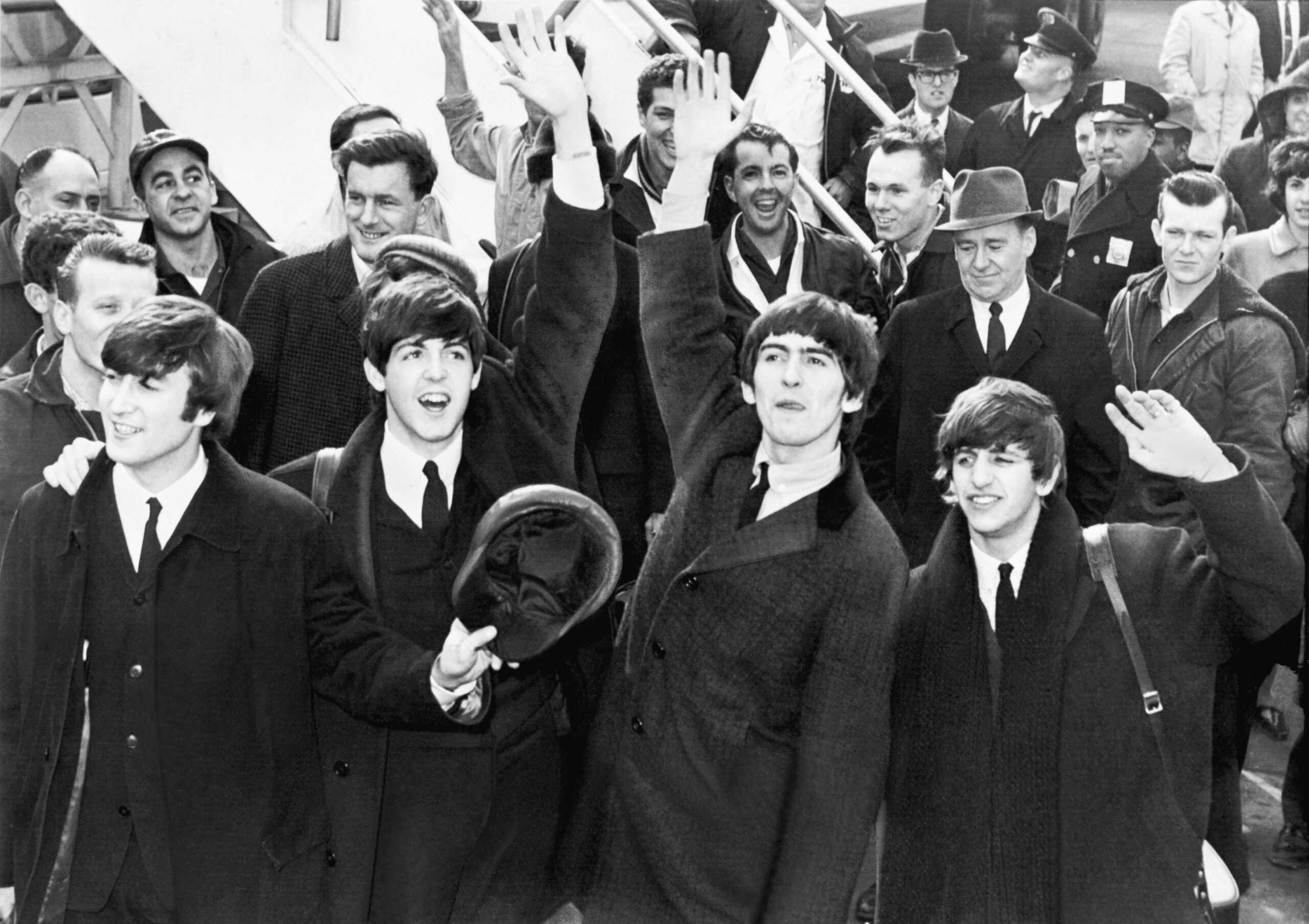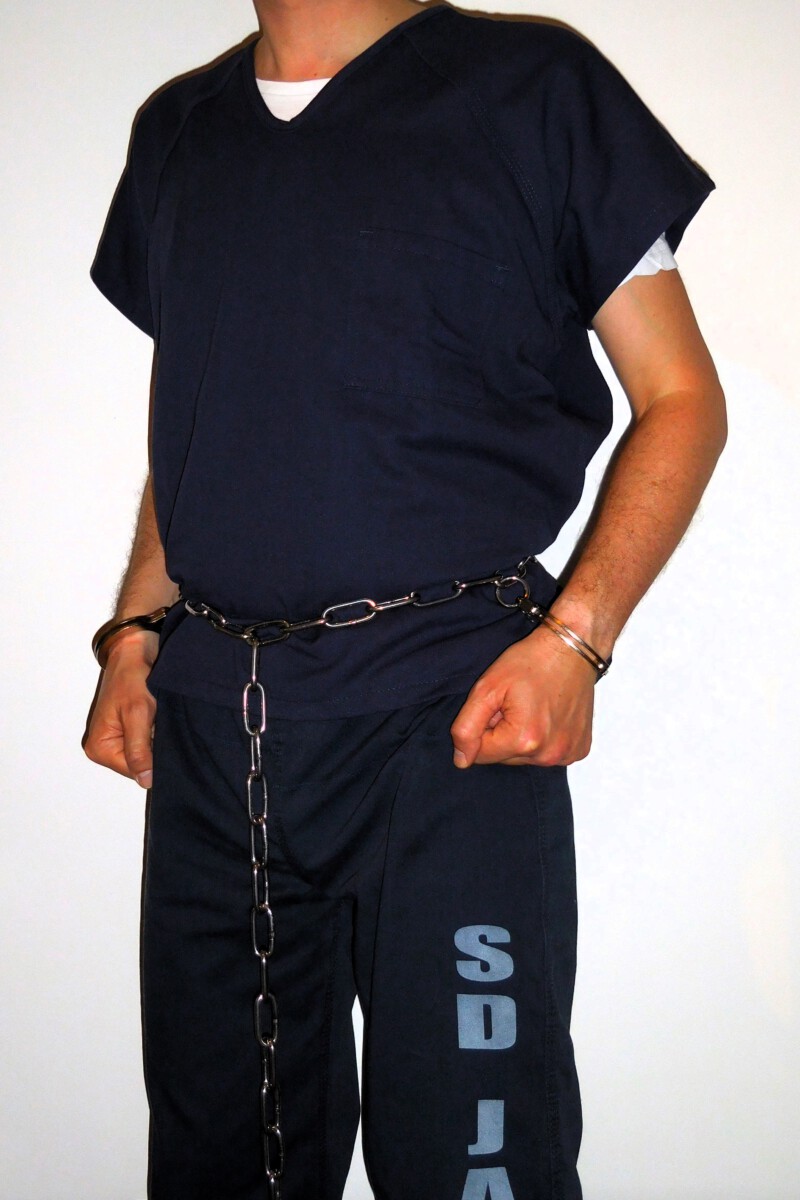Inflation’s Lingering Shadow on Holiday Wallets (Image Credits: Unsplash)
The holiday lights flicker on early, casting a warm glow over crowded aisles, yet many shoppers linger with hesitation, their carts half-full as budgets whisper restraint.
Inflation’s Lingering Shadow on Holiday Wallets
Picture this: prices for everyday essentials keep climbing, and suddenly that impulse buy doesn’t seem so smart. A recent survey highlights how inflation is squeezing families from all walks of life, making folks rethink their Black Friday plans. It’s not just about the deals anymore; it’s about survival in a tougher economy.
Low-income households, in particular, report feeling the strain most acutely. Groceries, rent, and utilities have all seen hikes, leaving less room for festive splurges. Even as retailers roll out flashy ads, the reality of stretched dollars keeps many at home.
Survey Says: Shoppers Are Pulling Back Big Time
Right before the big weekend, data from a nationwide poll shows a clear trend – people intend to spend less than last year. About 26% of Americans are set on trimming their holiday budgets compared to 2024, while only a small fraction plans to go bigger. This shift marks a departure from the post-pandemic boom in shopping.
Experts point to ongoing economic uncertainty as the culprit. With interest rates still biting and job markets wobbly in spots, caution rules the day. Retailers who banked on a frenzy might face a quieter rush.
Low Earners Lead the Charge in Spending Cuts
For those scraping by, Black Friday isn’t the thrill it once was. Inflation has eroded purchasing power, turning what used to be a fun outing into a calculated risk. Families earning under $50,000 a year cite rising costs as their top worry, often prioritizing needs over wants.
One common story emerges: skipping the mall to shop online for true necessities or waiting for deeper post-holiday discounts. This pragmatic approach helps stretch every dollar further.
Surprise: Higher-Income Shoppers Aren’t Immune
You might think the well-off would keep spending freely, but nope. Even higher earners are dialing it back, with inflation nibbling at their edges too. Travel, dining out, and home improvements have all gotten pricier, leaving less for holiday hauls.
This group reports a more strategic mindset – focusing on quality over quantity. They’re eyeing experiences or gifts with lasting value instead of piling up gadgets that gather dust.
Broader Trends Reshaping the Shopping Landscape
Beyond inflation, other factors play in. Supply chain hiccups linger, and some shoppers distrust “limited-time” deals that feel overhyped. Plus, with Cyber Monday looming, many are spreading out purchases to avoid the weekend crowds altogether.
Social media buzz adds another layer, as friends share tips on spotting real bargains versus fakes. This savvy crowd is more informed, leading to overall restraint.
What Retailers Can Expect This Weekend
Stores might see fewer footfalls, but online traffic could spike as deal-hunters go digital. Projections still hover around massive totals – over $100 billion nationwide – but the per-shopper average dips. It’s a reminder that consumer confidence drives the engine.
Brands adapting with flexible returns or loyalty perks could win loyalty. For now, the vibe feels more measured than manic.
In the end, this Black Friday underscores a simple truth: when basics cost more, extravagance takes a backseat. Smart planning now could ease the holiday pinch later. What are your spending strategies this year? Share in the comments below.
Key Takeaways:
- Inflation affects everyone, from low to high earners, curbing impulse buys.
- Surveys show 26% planning to spend less, signaling widespread caution.
- Shoppers are shifting to strategic, value-driven purchases over frenzy.







